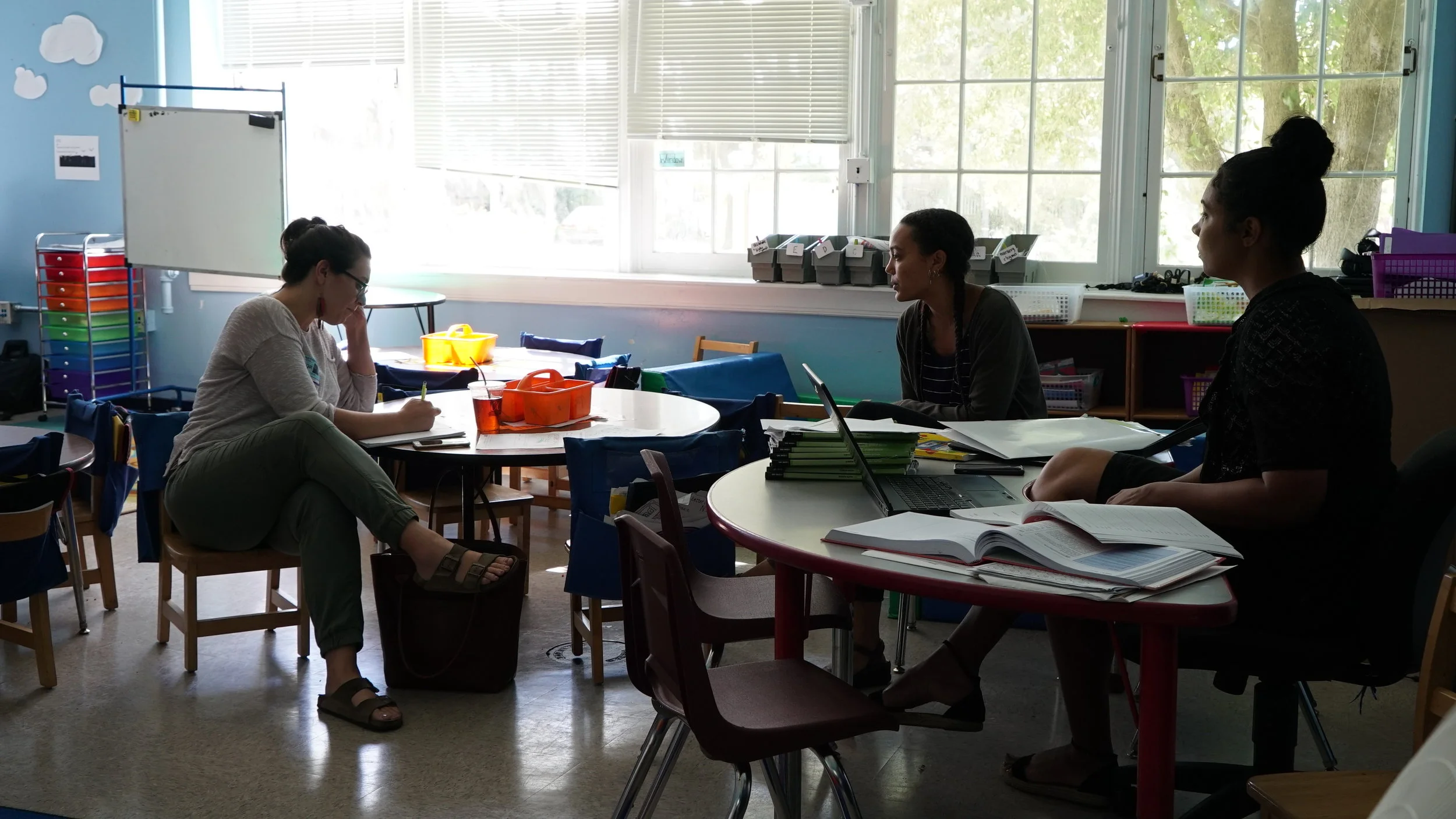Understanding Our Mental Health Systems
We are excited to embark on our latest project, “A Situational Analysis: Understanding the Mental Health Infrastructures in the U.S.” In collaboration with and through financial support from the Annie E. Casey Foundation and Baptist Community Ministries, we are conducting a situational analysis of the mental health systems in New Orleans, Louisiana, Buffalo, New York, Columbus, Ohio, and San Antonio, Texas in an effort to identify systems- and community-level mental health service gaps.
The Annie E. Casey Foundation’s Family-Centered Community Change (FCCC) initiative focuses on a two-generation model to improve educational outcomes for children and assist parents with employment and educational opportunities. Their mission is to break the cycle of intergenerational poverty and help low-income families move toward economic independence. During the course of this initiative, the FCCC has identified a critical need for assessing the current capacities of mental health facilities in these communities, as trauma tends to be a re-occurring theme. Thus, we have joined forces with the FCCC to conduct an evaluation on the mental health needs, existing mental health resources and access/barriers within each community. By collecting this data, we aim to advocate for a more responsive public mental health system.
At present, we have already begun engaging partners, stakeholders, and community members in New Orleans through in-person interviews to understand the mental health climate and landscape in our city. It has been an enriching experience that has granted us the opportunity to better inform our city on the reality of our mental health systems, while at the same time, giving us a chance to connect with our local providers and hear about their experiences on the ground on a day-to-day basis.
Preliminary findings from our interviews have been fairly consistent across multiple providers. When asked, “If you could address one issue or inform the community of one thing pertaining to mental health, what would it be?” the following responses were most common: (1) there is a shortage of psychologists & psychiatrists - especially those who are bilingual; (2) Medicaid/care is not only difficult for clients but also for providers - as managed care organizations are constantly changing the requirements for reimbursement, leaving providers to either cover treatment costs for their patients out of pocket, or forgo treatment due to lack of funding support; (3) there aren’t any long-term inpatient services for providers to refer clients to; and, (4) there is a lack of community awareness as people are not informed of the mental health organizations and services being provided in their communities.
In summary, our preliminary findings can be summed up in one quote by a local provider, “When someone finally has the courage to admit they need help with their mental health they are faced with all of these barriers. It’s hard enough to admit you need help – but when you have continuous barriers blocking you from services, you will most likely stop seeking care.”
How can we remove these barriers? That’s the question we hope to help answer. Findings from this research will form the basis of advocacy efforts to improve the New Orleans public mental health system in order for it to be more responsive to the needs of the population. Moreover, as we continue with our work, we will begin conducting situational analyses for Buffalo, Columbus and San Antonio.
